Companies did not shy away from helping the communities they live in during the pandemic. Many focused on the mental health of their employees, supported the creation of helplines, and assisted the gastronomy sector or socially disadvantaged people in finding work.
Several inspirational projects that have flourished during the pandemic were recognised with Via Bona Slovakia 2020 awards, granted by the Pontis Foundation to responsible and fair businesses.
“We all decide what our country looks like by how we treat people around us, what products and services we buy, and how we live our lives,” said Martina Kolesárová and Michal Kišša, executive directors of the Pontis Foundation. “Companies are no different from individuals and can change the face of Slovakia. Just like individuals, they can be committed citizens and speak out for decency, fairness and justice.”
Altogether 70 projects from 50 small, medium-sized and large companies competed in nine categories of the Via Bona Slovakia awards; 21 were shortlisted. The awards ceremony took place on September 8.
Tesco Stores SR won the Responsible Large Corporation award, and Ares received the Responsible Small/Medium-Sized Company award. Below are the laureates from other categories.
Outstanding Employer
Green Company
Good Partner of the Community
Social Innovative Company
Fair Market Player
Well-Governed Company
Public Choice Award
Outstanding Employer
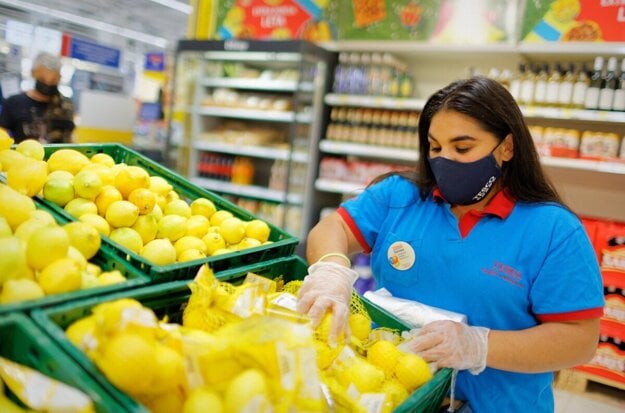 (Source: Courtesy of Tesco Stores SR)
(Source: Courtesy of Tesco Stores SR)Repeated bonuses for working on the front line, new employee benefits, online webinars and lectures are only some of the activities pursued by retailer Tesco Stores SR to create a good working environment for its employees. Moreover, it supports an inclusive work culture and diversity by recruiting people without any prejudice. As a result, there are Roma and disabled people among its staff.
“Our colleagues take first place,” said Veronika Bush, Tesco’s head of communication. “We want everybody to feel welcomed, respected, and a part of the team. Supporting inclusion and diversity has always been a part of our culture.”
The retailer launched a programme to support diversity and inclusion in the company in 2020, culminating in the three-week online Festival of Diversity, attended by more than 2,000 employees. The festival included lectures, webinars and training sessions focused on various groups, including older and younger employees, women and mothers, the disabled and LGBTI+. Moreover, it introduced targeted benefits. It became the only retailer in Slovakia to publish a deep analysis on remuneration differences as part of its gender equality and equality of opportunities agenda.
Tesco Stores SR also received the Public Choice Award; it got the most votes in a survey run on the Sme daily’s website.
Green Company
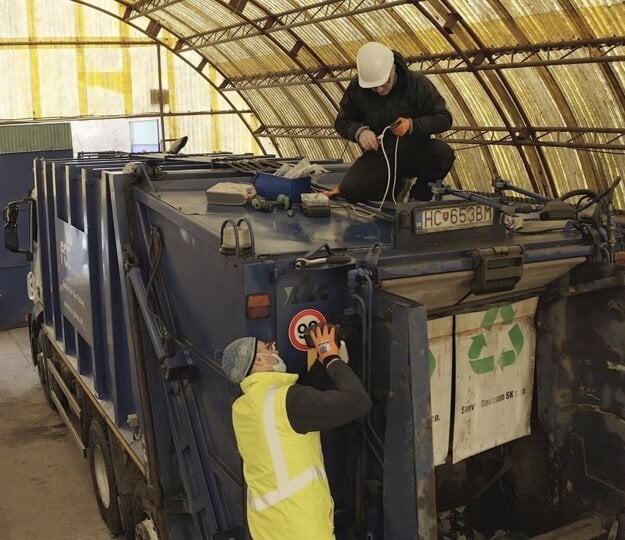 (Source: Courtesy of Sensoneo)
(Source: Courtesy of Sensoneo)Sensoneo has been developing unique solutions for waste management that encourage people to reduce their waste and recycle more. One of its tools, WatchDog, is used in Slovakia, Malaysia and the United Arab Emirates.
“WatchDog maximises the transparency of waste flow and makes processes linked to waste transport more effective,” said Andrea Basilová, co-founder of Sensoneo.
It reduces the number of data reading devices and prevents data manipulation. The device is installed directly in a vehicle, automatically recording all activities carried out during waste transport. It does not require a person or a reader to work with its data, increasing cost-saving for municipalities.
Good Partner of the Community
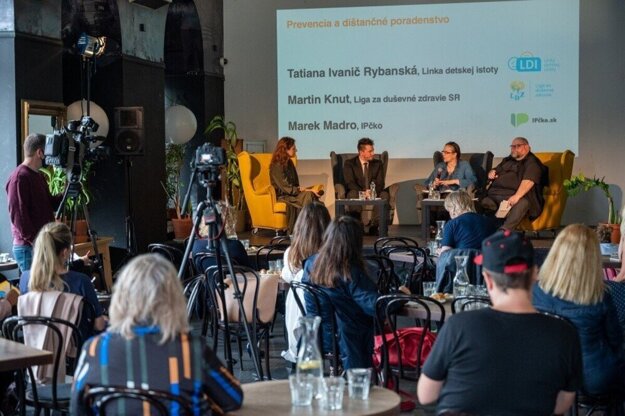 (Source: Courtesy of Orange)
(Source: Courtesy of Orange)Mental health issues have long been neglected in Slovakia. The coronavirus pandemic only made the problem more visible after lockdowns forced many people to stay at home without social interaction.
In April 2020, only one month after the pandemic outbreak, the telecom operator Orange established a helpline after it was approached by several initiatives dealing with mental health issues.
“When we learned about the alarming data about the long-term effects of the pandemic on mental health and that this topic lacks a systemic solution in Slovakia, we decided to act,” said Andrea Ungvölgyi of the Orange Foundation.
It helped merge three existing helplines into one, creating a new call centre. The foundation also collaborated with the civic association IPčko to modify its video-consulting app, and supported other existing helplines.
Through the other initiative, Pomozeme-krizovelinky.sk, the company organised a public roundtable with the representatives of relevant ministries, discussing the necessity of introducing systemic solutions.
Social Innovative Company
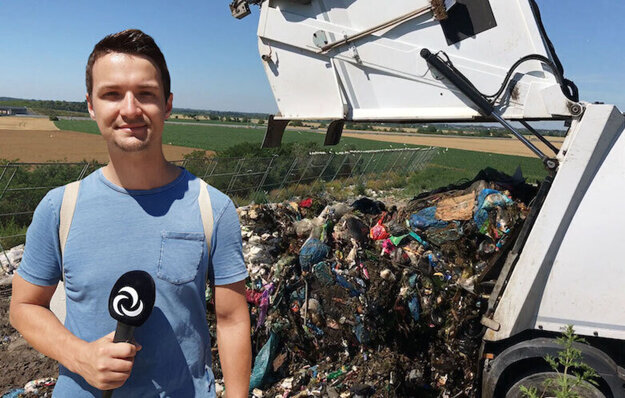 (Source: Courtesy of Natur-pack)
(Source: Courtesy of Natur-pack)Natur-Pack is another company that spreads awareness about waste management through several educational programmes and projects.
However, only a few people could attend its courses and there was a lack of lecturers, so it organised some online seminars.
“The first exceeded our expectations, and the following ones managed to reach even more people,” said Marek Brinzík, PR director of Natur-Pack.
The eco-friendly company also established a YouTube channel in 2013. People can watch videos on waste sorting, recycling, the zero-waste concept and the reduction of waste on this channel or take part in the company’s online seminars.
Natur-Pack’s YouTube channel is the first in Slovakia to educate the general public, including municipalities, schools, teachers and producers who finance waste sorting and recycling, on waste management.
Fair Market Player
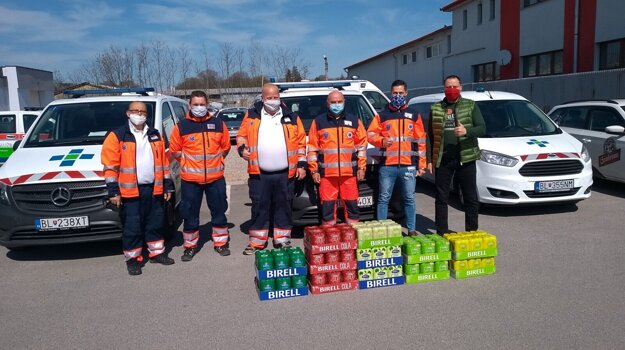 (Source: Courtesy of Plzeňský Prazdroj Slovensko)
(Source: Courtesy of Plzeňský Prazdroj Slovensko)There is no doubt that the gastronomy sector is among those hit the hardest by the Covid pandemic as many premises had to shut down for several months, losing both money and employees. At the same time, there were delays in state assistance in many cases.
One of the firms that offered a helping hand to the sector was Plzeňský Prazdroj Slovensko, which focused on providing financial assistance and information and communicating the industry’s needs to the government.
“It was one of the biggest activities in the gastronomy sector in Slovakia, during which we helped more than 5,000 premises and invested more than €4 million,” said Milica Danková, the company’s sustainable development manager.
Plzeňský Prazdroj Slovensko paid to exchange the expired beer left in tanks in pubs and restaurants after they shut down. It postponed the due date of invoices, asking for payment only after the restrictions were lifted. Furthermore, it donated disinfectants and other protective means, explained the measures to the companies and helped them request state assistance.
The company found some creative ways to lure customers back to restaurants and pubs after restrictions were lifted. They suggested offering a second beer for free, for example.
Well-Governed Company
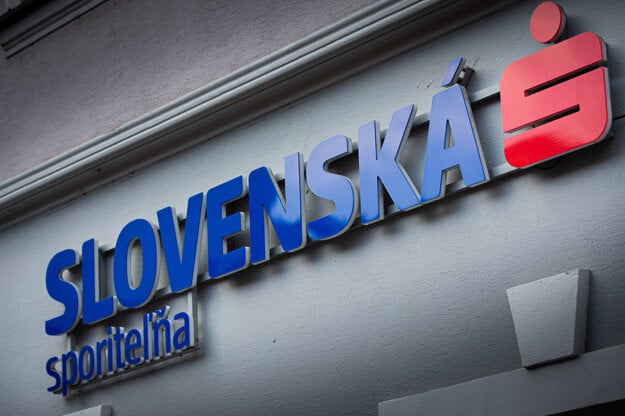 (Source: SME)
(Source: SME)Slovenská Sporiteľňa, the largest private bank in the country, applies the principles of responsibility, fairness and openness to its daily management by adhering to the code of ethics and corporate values.
It continually improves its products and services for its clients by making the processes more effective, taking care of its staff, and using open internal communication.
At the same time, the bank applies the Whistleblowing policy. Employees can report suspicious activities via the intranet system, which is anonymous.
Compiled by Radka Minarechová






